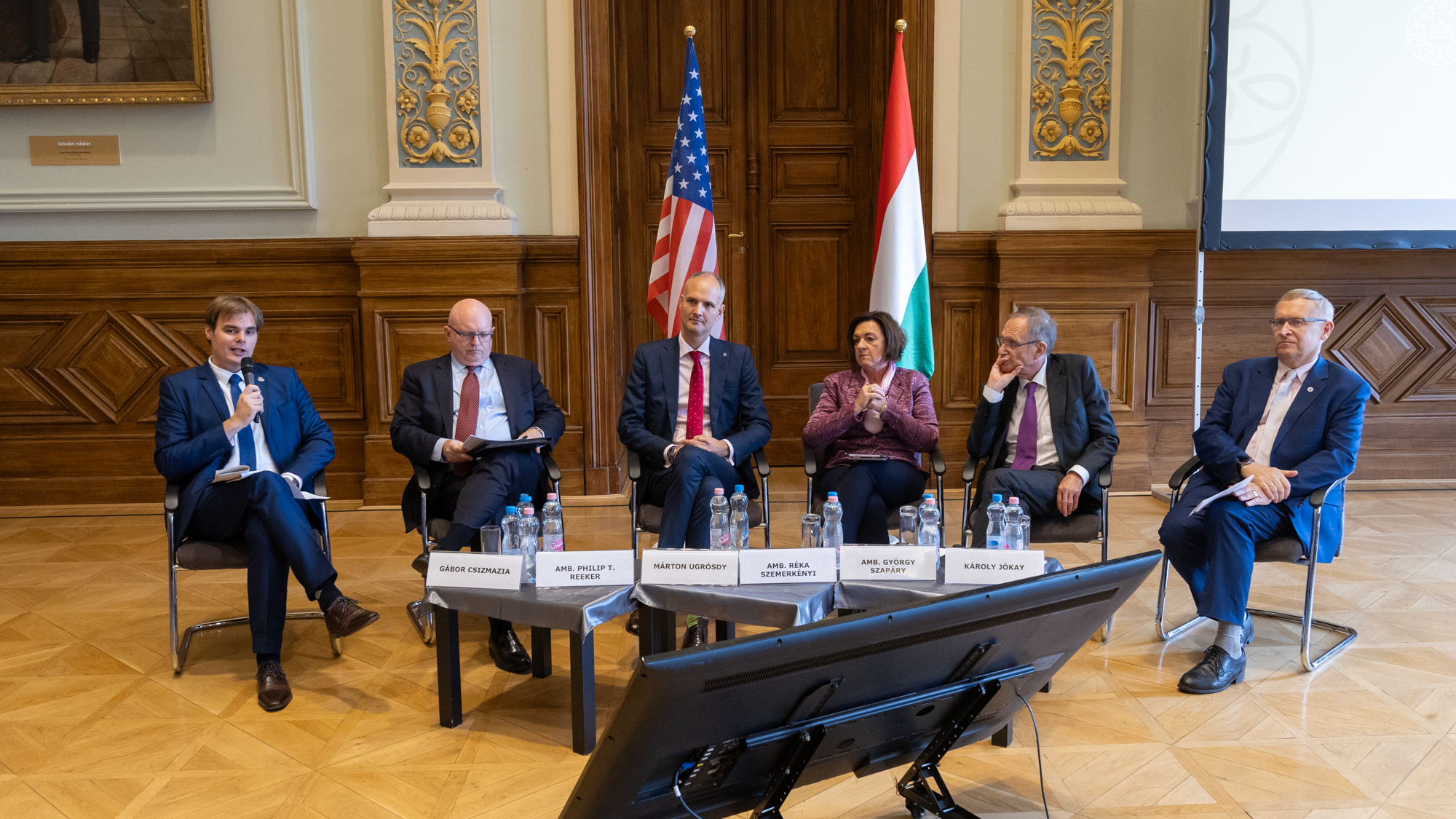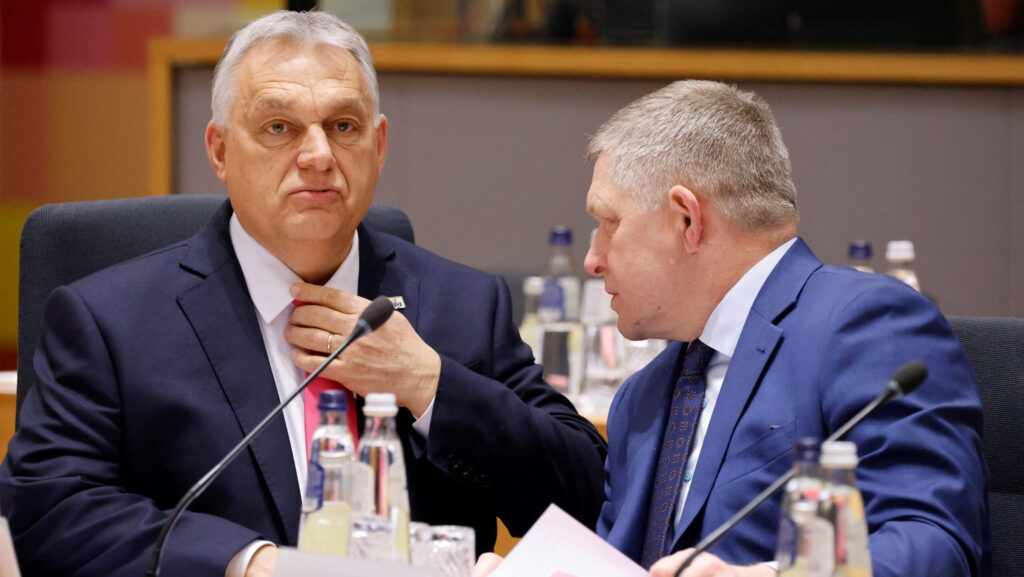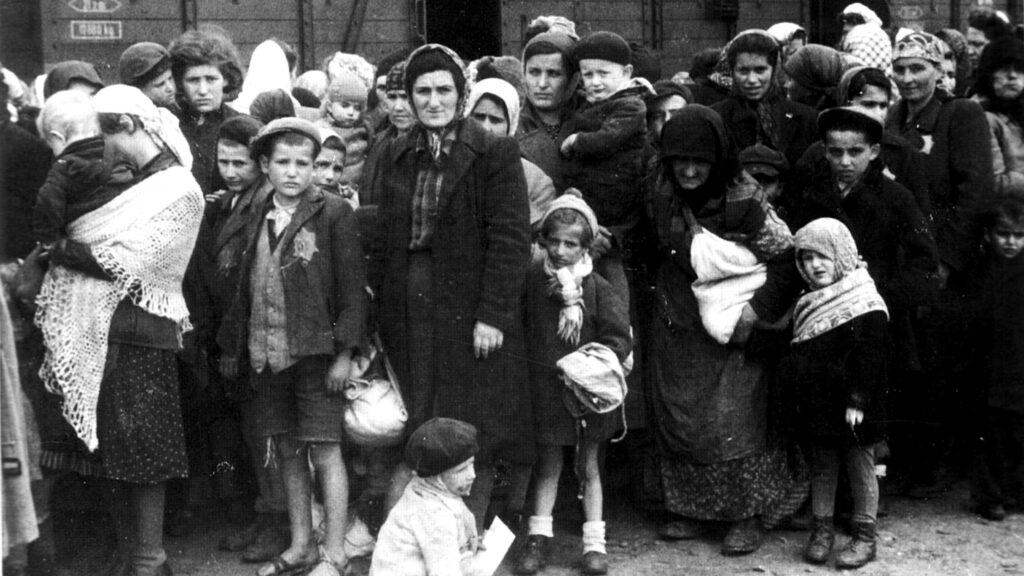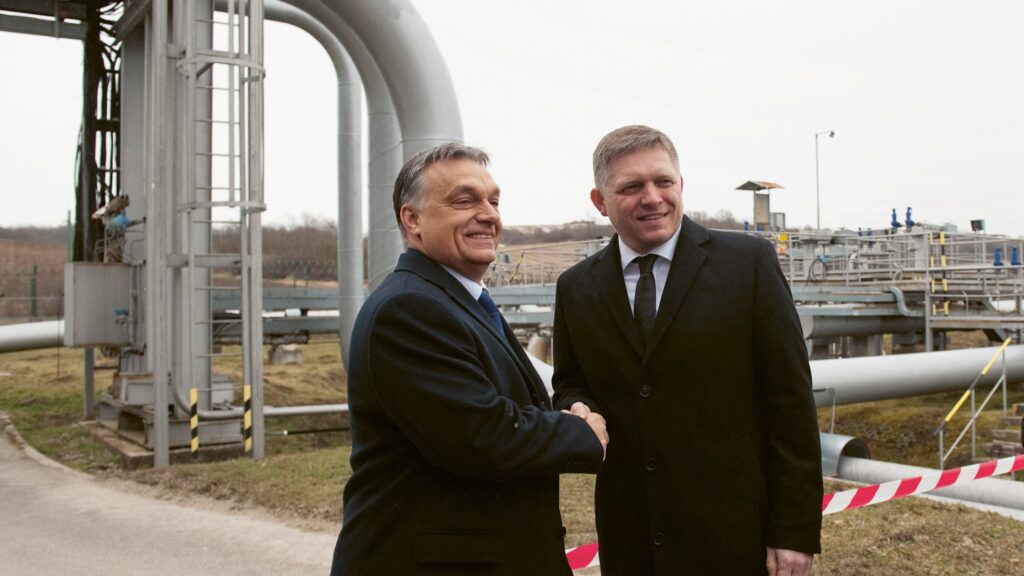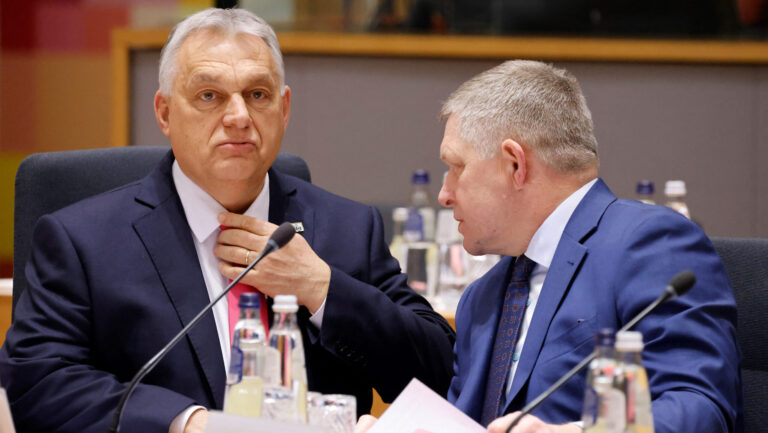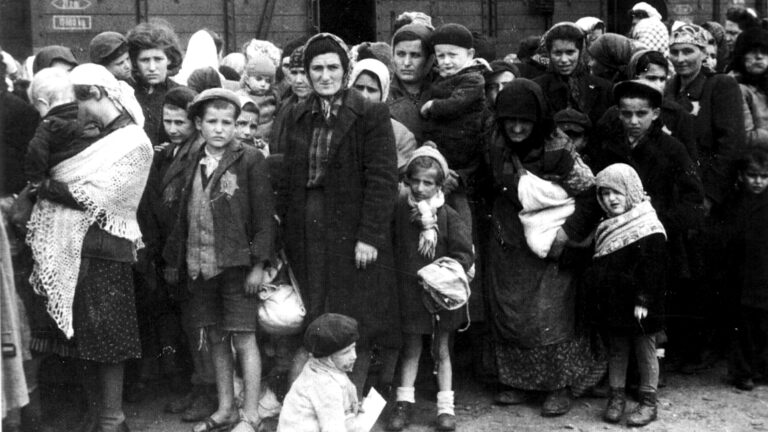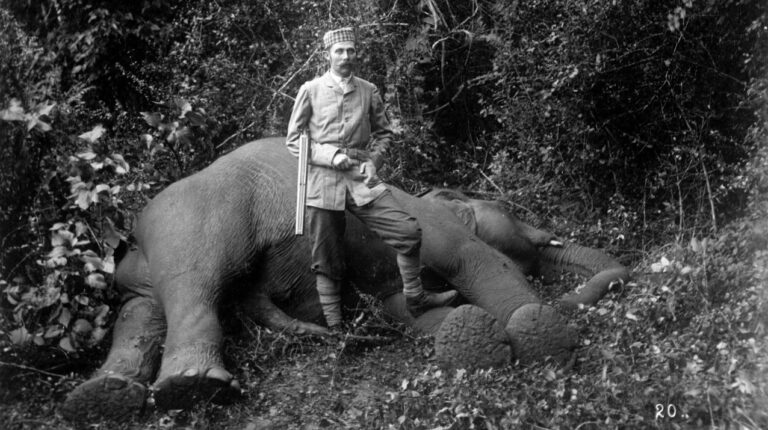The centennial celebrations of the Treaty of Friendship, Commerce and Consular Rights between the United States and Hungary resumed with two insightful panel discussions about the current state and the potential future of relations between the two nations.
The first panel featured Ambassador Philip T Reeker, former acting US Assistant Secretary of State for European and Eurasian Affairs and former Deputy Chief of Mission in Budapest; Márton Ugrósdy, Deputy State Secretary for the Prime Minister of Hungary’s Office; Ambassador György Szapáry, Former Ambassador of Hungary to the USA; Ambassador Réka Szemerkényi, Former Ambassador of Hungary to the USA; and Executive Director of the Fulbright Commission Károly Jókay. The discussion was moderated by Gábor Csizmazia of the John Lukacs Institute.
Ambassador Reeker started by sharing that his grandfather emigrated to the United States from Hungary in the 1920s, thus he always had a special connection to this part of the world. In 1989, his first diplomatic mission was to Hungary as well—in the middle of the regime change, during turbulent times. He recalled accidentally stumbling into a protest in Kossuth Square in Budapest on the 23 October national holiday commemorating the Hungarian uprising against the Soviets. The Ambassador remembers that the only Hungarian word he could understand at the time, ‘Amerika,’ was routinely applauded.
In the 1990s, with the outbreak of the Balkan wars, the US government’s focus shifted to that region within Europe. The speaker said that Hungary, in the process of joining NATO, was a key ally of the US in handling the conflict, highlighting President Bill Clinton’s visit to the Taszár Air Base. He also recalled that the Hungarian people welcomed the allied American forces, only a few years after Soviet troops had left the country. After the 9/11 terrorist attacks, however, US foreign policy priorities shifted dramatically to the Middle East. Relations with countries around the world—including Hungary—were increasingly defined by their role in the 'War on Terror,' Mr Reeker explained. In the first Trump administration, NATO contributions dominated the agenda with Hungary; while in the second Trump administration, the emphasis has been on more transactional, deal-based diplomacy, the speaker added.
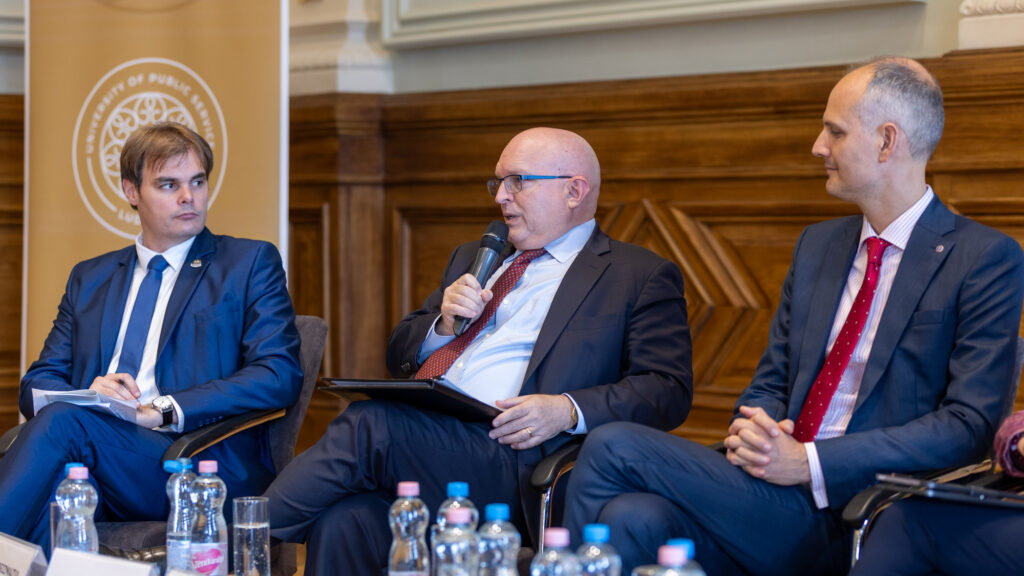
Secretary Ugrósdy stressed that ‘the US remains the most important security provider in Europe’. He also stated that, during the regime change period, American companies were among the biggest investors in Hungary. Thus, he described the Americans as ‘our allies and business partners’. In reference to some of what Ambassador Reekers had said, he also pointed out that around 200 Hungarian soldiers served in the Iraq War on the American side. On the current relations, Mr Ugrósdy highlighted the Hungarian–American Fulbright Scholarship programme.
Ambassador Szemerkényi used most of her time on the mic to talk about the Russo–Ukrainian war. She pointed to a notable, recent shift in the Trump administration’s rhetoric, from asserting that Ukraine could not win to declaring that it can, with President Trump even describing Russia as 'a paper tiger'. She also highlighted recent developments on the ground: Moscow has begun violating the airspace of NATO members such as Poland and Romania, while Ukrainian forces have started ‘bringing the war to Russia’ by striking the country’s oil export infrastructure, threatening its cash flow. Turning to Hungarian–American relations, Szemerkényi stressed the importance of maintaining strong ties 'beyond party affiliations'—not only when ideologically aligned governments are in power in both countries, as is currently the case.
Ambassador Szapáry lauded the fact that since President Trump took office for the second time, six new American investment projects have been launched in Hungary. He added that foreign investors look for political stability in a country, which the long-governing Fidesz party provides in Hungary. However, seconding what Ambassador Szemerkényi had said prior, he added that American investors would also like to have consistently good relations between Hungary and both major parties in the US, in case there is a change of administration. He also pointed out that Hungary has been affected by the tariff negotiations between the EU and the United States. He called the new US–EU trade deal ‘not a free trade agreement,' pointing to the quotas included.
Mr Jókay revealed that, in a major coincidence, he too happened to be at the 23 October protest at Kossuth Square in 1989 that Ambassador Reeker had talked about attending. He then shared that his Fulbright scholarship programme is looking for ‘cultural ambassadors,’ and had to ‘turn down a lot of smart people’ who applied but were not willing enough to share their culture if given the opportunity to study in the US through the programme.
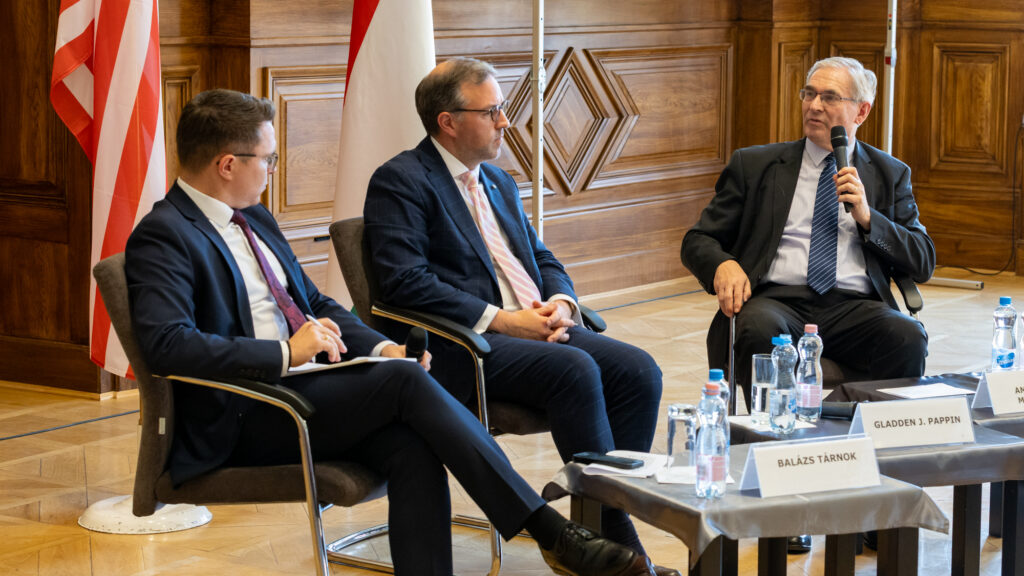
Tamás Magyarics, professor of American Studies at Eötvös Loránd University and the Editor-in-Chief of the Hungarian Conservative print magazine, and Gladden J Pappin, President of the Hungarian Institute of International Affairs, took the stage next for another panel discussion. Balázs Tárnok of the John Lukacs Institute served in the role of the moderator.
Mr Pappin started by stating that there have been 'big shifts in the nature of world affairs' in recent years, and the West is not as strong and united as it was in its 'post-Cold War heyday'. One of the testaments to this was US Vice President JD Vance's speech at the Munich Security Conference earlier this year, in which he criticized Western European nations for free speech concerns, the speaker pointed out. Mr Pappin also lauded the strong political relationship between President Donald Trump and Prime Minister Viktor Orbán.
Professor Magyarics told the audience that Hungary is no longer the most important military ally of the United States in the Central and Eastern European region, like it was in the 1990s. Rather, it is Poland and Romania who have taken on that role. However, US–Hungarian cooperation in defence is still 'excellent', he added. The professor went on to say that there are still some disagreements between Budapest and Washington on the Russo–Ukrainian war, but, with the new Trump administration, there is a newfound agreement on a crucial issue: now neither country supports Ukraine's accession to NATO. He also pointed out that only a very small percentage of Russian oil exports go to Hungary, thus Hungary decoupling from Russian oil would not have a major effect on the Russian economy.
Mr Pappin also shared how US–Hungary relations affect his everyday life: since the Biden administration terminated the double taxation treaty between the two countries, he has to file taxes four times a year, twice in Hungary and twice in his home country of the United States. Evidently, he would very much like to see a quick resolution to that issue.
Related articles:

